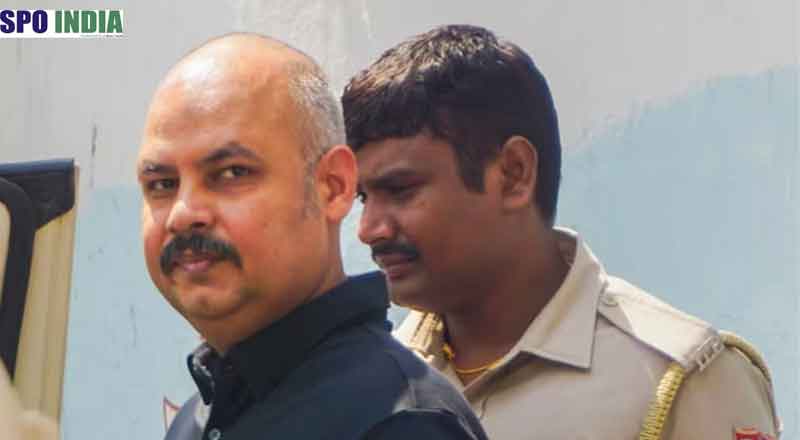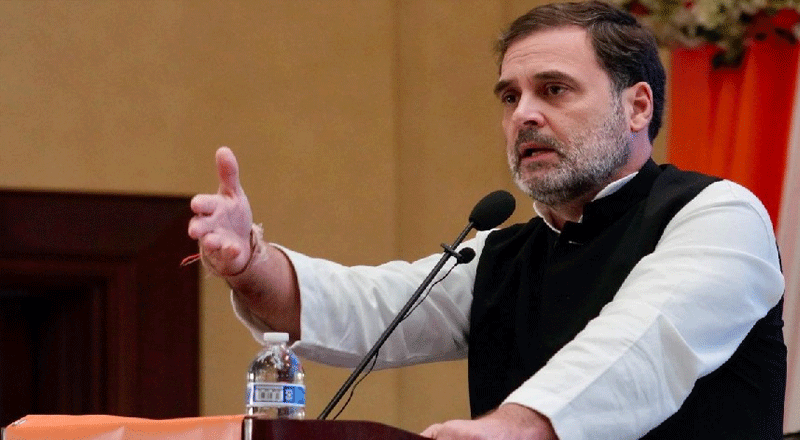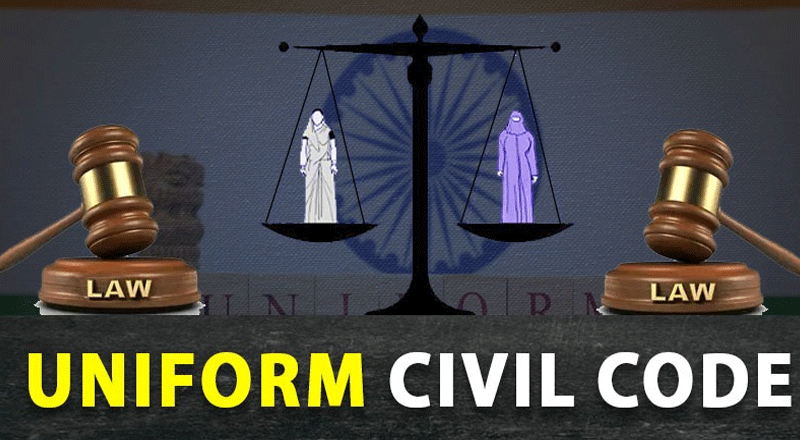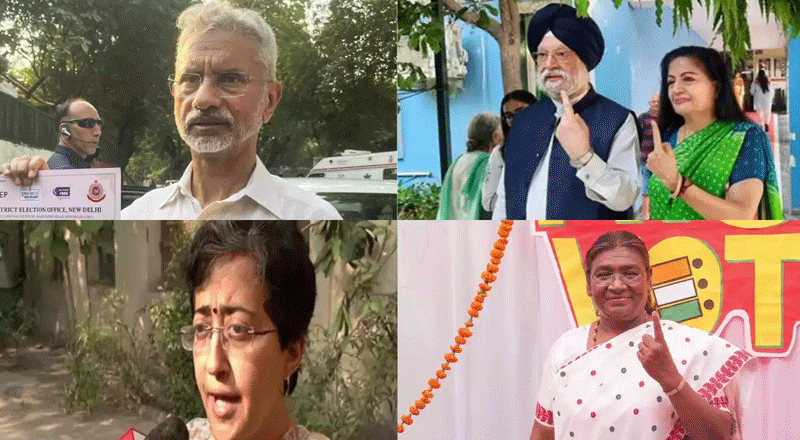Overview of the Case
On Thursday, the Supreme Court of India addressed a critical issue involving Bibhav Kumar, an aide to Delhi Chief Minister Arvind Kejriwal. Kumar was arrested in May following serious allegations of assault by Aam Aadmi Party (AAP) MP Swati Maliwal. The case has drawn significant attention due to its political implications and the high-profile nature of the individuals involved.
Charge Sheet and Legal Proceedings
The Delhi Police recently submitted a detailed 500-page charge sheet against Kumar to Metropolitan Magistrate Gaurav Goyal. The charge sheet is comprehensive, outlining several serious charges under various sections of the Indian Penal Code (IPC):
Section 201: Causing the disappearance of evidence
Section 308: Attempt to commit culpable homicide
Section 341: Wrongful restraint
Section 354: Assault or criminal force with intent to outrage modesty
Section 354B: Assault with intent to disrobe
Section 506: Criminal intimidation
Section 509: Insulting the modesty of a woman
The charge sheet includes the statements of around 50 witnesses, adding considerable weight to the prosecution’s case. This document was filed following an FIR registered on May 16, leading to Kumar’s arrest on May 18. The court extended Kumar’s judicial custody until July 30, as the legal process continued.
Judicial Decisions and Arguments for Bail
Kumar’s bail plea has faced several hurdles. Both the Delhi High Court and a trial court previously denied his bail application. On May 18, shortly after his arrest, Kumar was remanded to police custody for five days. The court observed that his anticipatory bail plea had become irrelevant following his arrest. Kumar’s legal team has been actively pursuing bail, arguing against the severity of the charges and the purported inconsistencies in the complainant’s statements.
Court’s Observations and Legal Arguments
During a recent hearing, the Supreme Court expressed concerns about the potential for Kumar to influence witnesses if granted bail. Justices Surya Kant, Dipankar Datta, and Ujjal Bhuyan conveyed their apprehensions by referencing the FIR’s details, which included Maliwal’s distress during the alleged assault. The court’s remarks were notably harsh, with references to Kumar as a “goon,” reflecting their concerns about the impact of his potential release on the ongoing investigation.
Senior advocate Abhishek Singhvi, representing Kumar, raised significant points regarding the delay in filing Maliwal’s complaint. Singhvi noted that Maliwal visited the Civil Lines Police Station on May 13 but only filed the complaint three days later. He argued that this delay was unusual and suggested contradictions in Maliwal’s account of the assault. Singhvi contended that the injuries described in the complaint did not match the timeline and specifics of the FIR.
Maliwal’s complaint detailed an aggressive assault involving physical harm and attempts to disrobe, causing her significant distress. Despite Singhvi’s arguments, the court pointed out that Maliwal had called the police helpline immediately after the incident, which supported her claims of prompt reporting. The court also addressed Singhvi’s arguments about prosecuting Maliwal for trespassing at Kejriwal’s residence, emphasizing that the case was a matter of public concern rather than a private dispute.
Political Implications and Reactions
The case has incited a heated political debate between the AAP and the Bharatiya Janata Party (BJP). The BJP has accused Kejriwal of shielding his aide and has demanded his resignation. These political tensions have been exacerbated by ongoing protests and allegations of a conspiracy orchestrated by the BJP against AAP. Kejriwal, who is also dealing with legal issues of his own following his arrest by the Enforcement Directorate in March, has rejected these demands.
Future Developments
The Supreme Court is set to hear the case again on August 7. Kumar remains in judicial custody and faces serious charges, including intimidation and assault. The outcome of this case could have significant implications for both Kumar and Kejriwal’s political careers.
As the legal proceedings unfold, the intersection of legal justice and political intrigue continues to shape the narrative of this high-profile case, highlighting the complex dynamics at play in Indian politics and law.
(With inputs from agencies)





